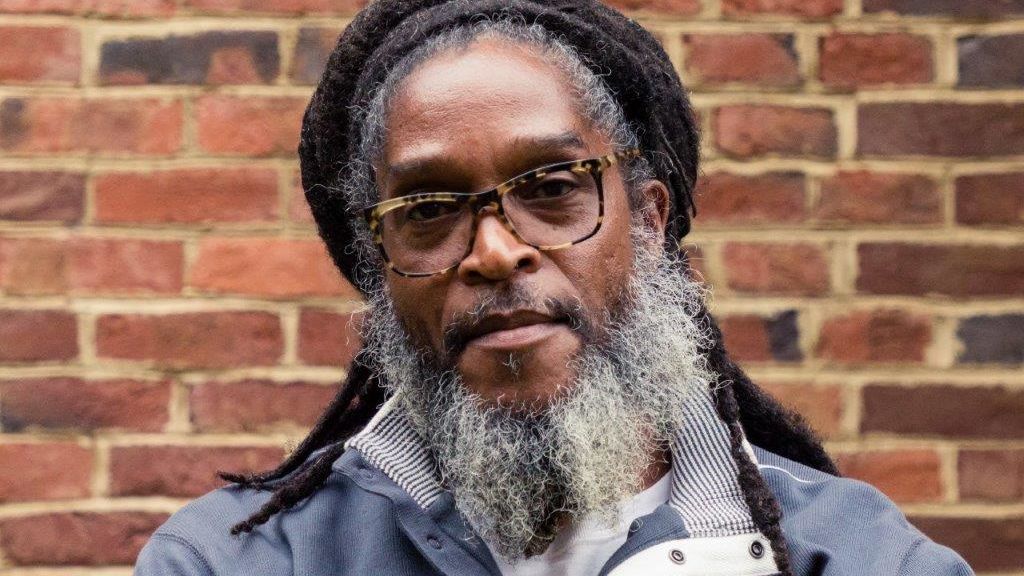Charles A. Price, associate professor in the Department of Policy, Organizational and Leadership Studies in the College of Education and Human Development, shared with us his experiences in education and advice for future Black educators.
Can you tell us about a past experience that has influenced your career?
In another life, I was a farmworker. By then I had decided to get a college degree because I knew sports would not be my ticket to somewhere other than where I was. One day when work was slow, I became involved in a conversation with Jamaican and Haitian men, who taught me about slavery, colonialism and capitalism--topics I knew almost nothing about because these are not topics that Americans invest in teaching their youth. Learning with these men led me to see the world and people differently; those discussions made me thirsty for learning. Those discussions launched me into a lifelong quest to learn deeply and broadly. And to share what I learn with like-minded souls thirsty for knowledge.
What Does Black History Month Mean to You?
I live Black History just about every day, so the month dedicated to it, honestly, does not excite me. Yet, I believe the idea and the claim on the calendar is important. Carter Woodson's grasp of the miseducation of Black people (and nearly everyone else!) was profound, and he came up with a sound remedy: educate people about their culture and history because even today, with the many civil rights advances, Black folk cannot be certain that schooling will develop their understanding of their history and culture. Black History Month also affords a brief opportunity to introduce people who do not identify as Black to Black history and culture. The challenge is to use this brief month effectively.
What is the importance of organizations in a community? How do you teach students the importance of "getting involved?"
Some positive implications of community-based organizations are the education of citizen participants, a means to practice local democracy, a means to solve problems, and a means to generate change. Ideally, community organizations can leverage positive change.
How do you teach students to "think and talk intelligently about race?"
In order to think and talk intelligently about race, people must first understand race and racism. Intelligent thinking and discussion of race requires a multidimensional approach: historical; institutional, structural, and systemic; individual; ethnographic. Race (and racism) look different from each standpoint. If one approaches race from a historical standpoint, one can address how the past manifests in the present. Yet, one must also be able to address the view that the past is past, and we are now in the present as if the past is irrelevant. Race obviously has institutional/structural/systemic dimensions. But from this standpoint it is easy to see race and racism in everything, not allowing for nuances and thus discouraging others from engaging in dialogue. Yet, one cannot let nuance impede understanding the pervasiveness of race and racism.
What advice do you have to give future educators, particularly Black educators?
I encourage Black educators to share their background and experience with their students and colleagues. Learning about people offers a path to engaging diversity, practicing inclusion and pursuing equity.
Visit Dr. Price's profile to connect with Dr. Price or learn more about the courses he teaches in the POLS department.

